Metal fabrication is a highly specialized industry. Here, individuals are expected to have extensive knowledge about metals and their properties. Most importantly, they need to know how to engineer them properly. Working in the metal fabrication industry is not easy. But it has its own perks and benefits. What are some of the best-paying jobs in metal fabrications?
Metal fabrication utilizes raw materials, machinery, and blueprints to create different items. They can range from spare parts to something bigger. Technical skills are a must for this job.
The good news is that working as a structural metal fabricator can open many doors for you. There are many different career options available for metal fabricators. The majority of them are linked with construction, depending on the industry, building, and metal structures.
Content Compass
Benefits Of Working As A Metal Fabricator
We said before that one of the biggest benefits is that you have different career path options available. Different industries and sectors of the economy need metal fabrication. And no other person can do what metal fabricators do to perfection.
Some of the industries where you can find an open job position as a metal fabricator are the following:
- Construction industry
- Sales industry
- Engineering
- Aerospace industry
- Manufacturing
- Utilities
Speaking of the salary, a structural metal fabricator earns in accordance with his skill set. The industry plays a role as well, but it comes down to skills. Some of the skills needed for a good metal fabricator include:
- Aluminum welding
- Metal inert gas welding
- Blueprints
- Welding
- Tungsten inert gas welding
- Precision machining
With that in mind, let’s take a look at some of the best-paying jobs in metal fabrication.
Construction Superintendent

Average salary: $104,449
This is more of a managerial job position. The job of the superintendent is to oversee the construction process. He is also responsible for overall construction activities within the design. There is always one superintendent on a large construction project. They run the day-to-day operations.
This guy also is responsible for the budget and scheduling guidelines. His job description includes organizing, directing, controlling activities, and scheduling activities on the site.
Metal Fabricator
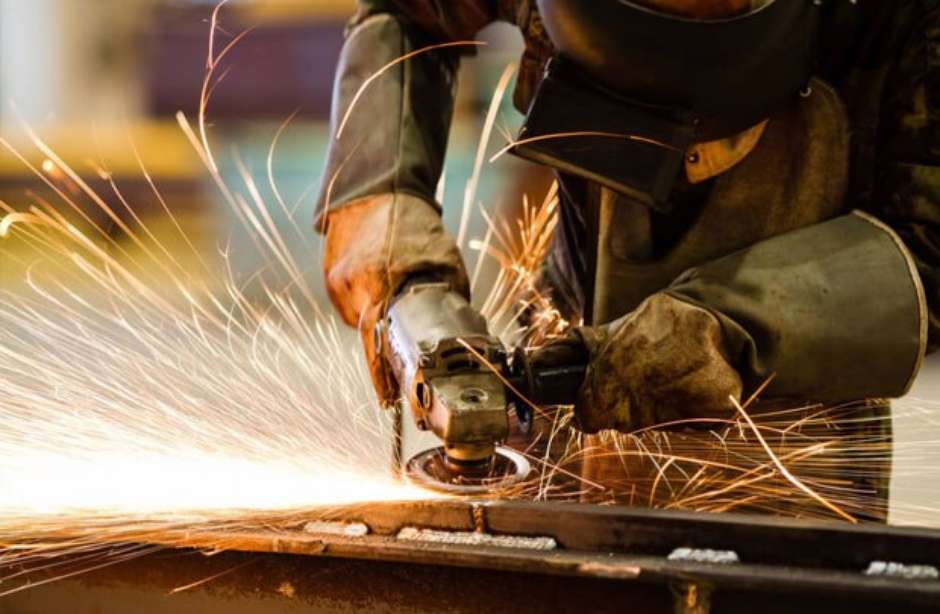
Average salary: $35,420
Some people in the industry make more. For example, those in the top 10% make $43,000 per year. But generally speaking, it is a decent salary.
A metal fabricator is anyone that cuts, bends, shapes, or assembles metal components for a purpose. The products can include manufacturing products, artistic designs, and many more. Usually, a metal fabricator works with raw materials or assembles metal components to create a finished product.
Sheet Metal Worker

Average salary: $50,400
Similar to the metal fabricator, the top 10 percent of sheet metal workers earn considerably more, close to $66,000 of annual salary.
Typically employed at construction sites, metal shops, and manufacturing plants, these workers specialize in fabrication and installation.
They mark metal before drilling holes. They can fabricate or install products made from thin metal sheets.
Machinist
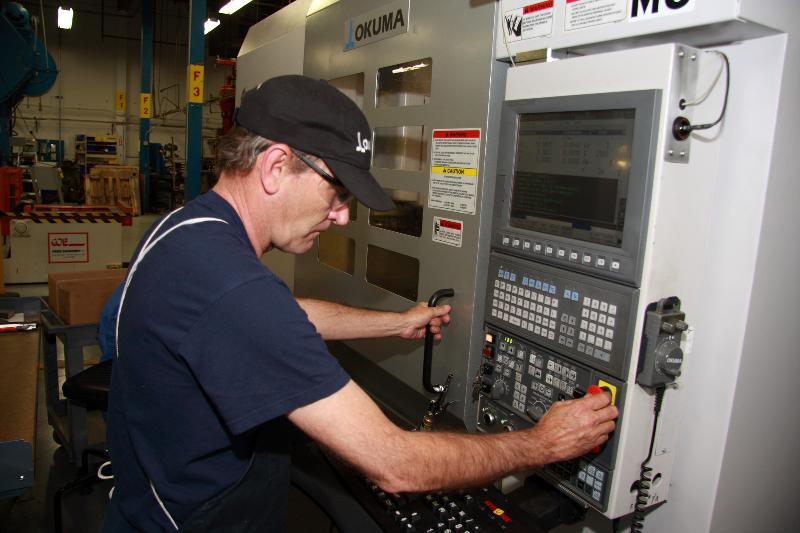
Average salary: $45,368
A machinist is someone who specializes in the creation or modification of metal components through the process of machining. They use computer numerical-controlled or CNC machines that can shape metal through precise tools driven by a computer.
The machine utilizes cutters, mills, and lathes. CNC manufacturing is one of the big parts of computer-aided design and almost any manufacturing process.
Welder

Average salary: $33,800
We have to stress in the beginning, that an underwater welder makes 200% more than the average welder. Welders are individuals who are responsible for adhering two pieces of metal together to the required specification through the use of electricity, heat, or another metal component.
Welders can find welder jobs in many different industries, ranging from manufacturing, automotive, and aerospace industry.
A full welder is a skilled tradesman with experience in different tasks. He can work in many industries. His most important skill is knowledge of metallurgy and strong mathematical skills.
Welder Helper
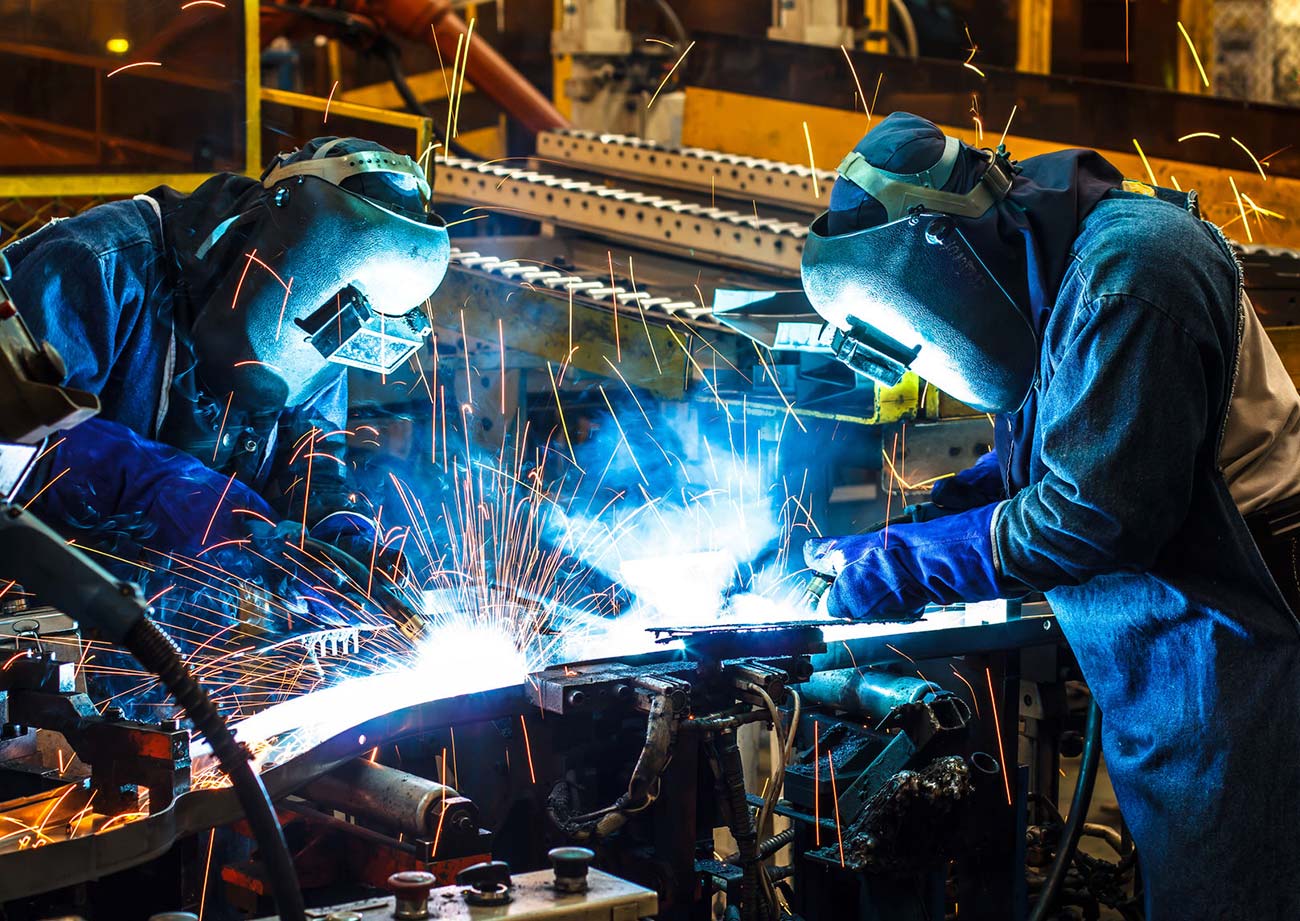
Average salary: $25,056
A welder helper is a laborer who assists the full welder or shop welder with the tasks of welding and cutting metal. It is a physically demanding job. But at the same time, it requires precision. These guys are essential for many fabricating tasks.
Fun fact: The top 10% of welder helpers earn more than $39,000 median average salary, which is more than the average full welder.
Millwright
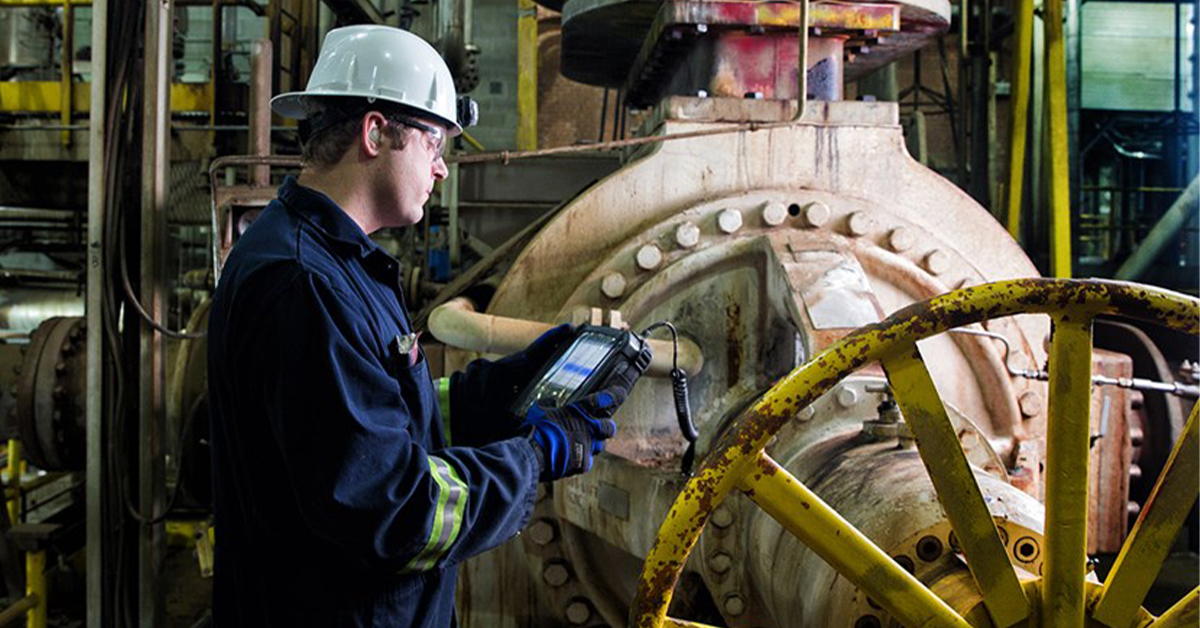
Average salary: $36,450
Depending on levels of tenure, the median salary of a millwright worker can go as high as $83,690. But most of them earn the average salary. These guys work in a variety of manufacturing and engineering industries. They are responsible for the installation, assembly, maintenance, and dismantling of machinery and equipment.
For this job position, you need advanced knowledge of blueprints and load-bearing capabilities.
Sheet Metal Mechanic
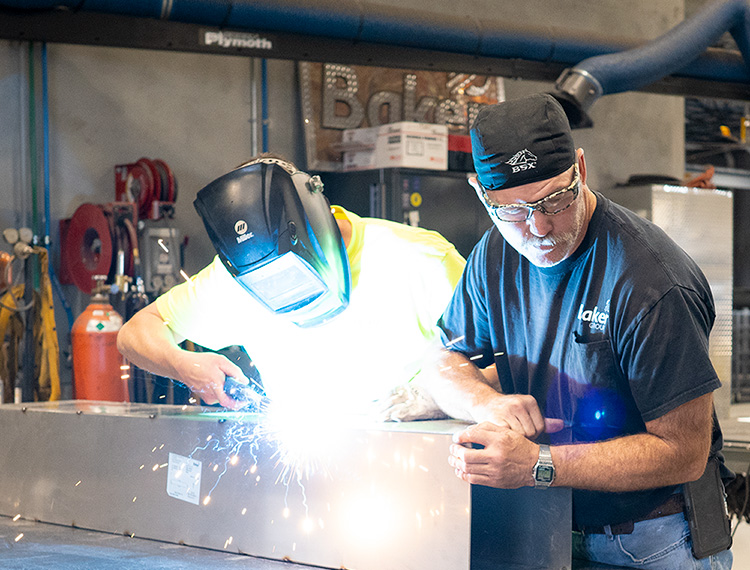
Average salary: $50,844
These guys are tasked with cutting, bending, shaping, assembling, and joining together pieces of sheet metal. They create different products. Sheet metal mechanics help mainly with assembly and fabrication tasks in the shop.
Structural Steel Engineer

Average salary: $75,321
A steel engineer is usually a civil engineer or a structural engineer with a focus on metallurgy. Steel engineers work in aerospace, automobile, and shipbuilding factories.
Structural engineer creates drawings and specifications, but also performs calculations, review the work of other engineers, and write reports and evaluations. This guy spends most of his time observing construction sites.